When it comes to maintenance disputes — whether you’re claiming for yourself or your child — one of the most overlooked but critical elements is proof. And that proof often lies in something simple: your slips, receipts, and records.
According to one of our attorneys at Shapiro & Haasbroek, the one thing he wishes clients understood better is this:
“One thing I wish people understood better is the importance of keeping slips and records when you claim maintenance.”
Let’s unpack why this is so important — and how failing to do so can weaken your case.
The Burden of Proof Falls on You
If you’re the person claiming maintenance, the law expects you to prove what your needs are, and what they cost. That means:
- How much you spend on rent or housing
- Your grocery costs
- School fees and uniforms
- Medical expenses
- Clothing, transport, and even airtime (if reasonable)
If you don’t have proof, the court has nothing to assess. Vague statements like “I spend about R5,000 per month” won’t cut it.
Receipts, bank statements, and till slips turn those claims into evidence.
It Strengthens Credibility
Judges and magistrates are trained to spot inconsistencies. If you claim a certain amount but can’t back it up, it may seem exaggerated — even if it’s true.
By keeping a record of your expenses, you show:
- Transparency
- Consistency
- Responsibility
It shows the court that you’re serious and prepared.
It Makes Your Lawyer’s Job Easier
When clients come to us with organised records, we can build a stronger case — faster. It allows us to:
- Prepare your founding affidavit with precision
- Pre-empt possible objections from the opposing party
- Negotiate from a position of strength if a settlement becomes possible
Without documentation, your lawyer is essentially building a case in the dark.
What to Keep — And How to Do It
Here’s a quick checklist of what to collect and organise:
- Receipts: Groceries, school supplies, medical bills, clothing, transport, electricity
- Bank statements: Especially for recurring expenses like rent and debit orders
- Invoices: Daycare, tuition, therapy, tutors
- Screenshots: If payments are made via apps or EFT
Tip: Use a folder (physical or digital) labelled by month. Free budgeting apps can also help categorise expenses.
Real-Life Example
We recently assisted a single parent who was struggling to get fair maintenance for her two children. She had kept every slip for school expenses, uniform purchases, tutoring, and groceries for six months.
When we presented these to the court, along with a neatly summarised spreadsheet of average monthly costs, her claim was fully granted — with backpay.
The magistrate noted that the supporting documents were “clear, consistent and persuasive.” That’s the power of documentation.
Whether you’re preparing for a maintenance claim or adjusting an existing order, your strongest asset is not just your story — it’s your paper trail.
Keeping your receipts might seem tedious, but when the time comes to stand before the court, those small pieces of paper can speak louder than words.
At Shapiro & Haasbroek, we assist clients with all aspects of maintenance disputes — from first-time claims to enforcement and adjustments. Reach out to us for tailored legal support.





